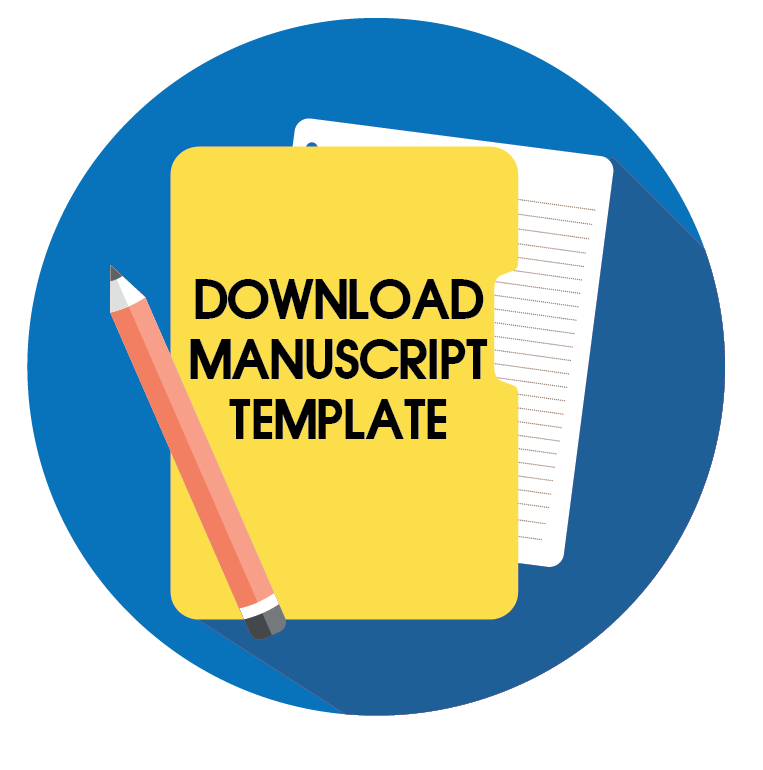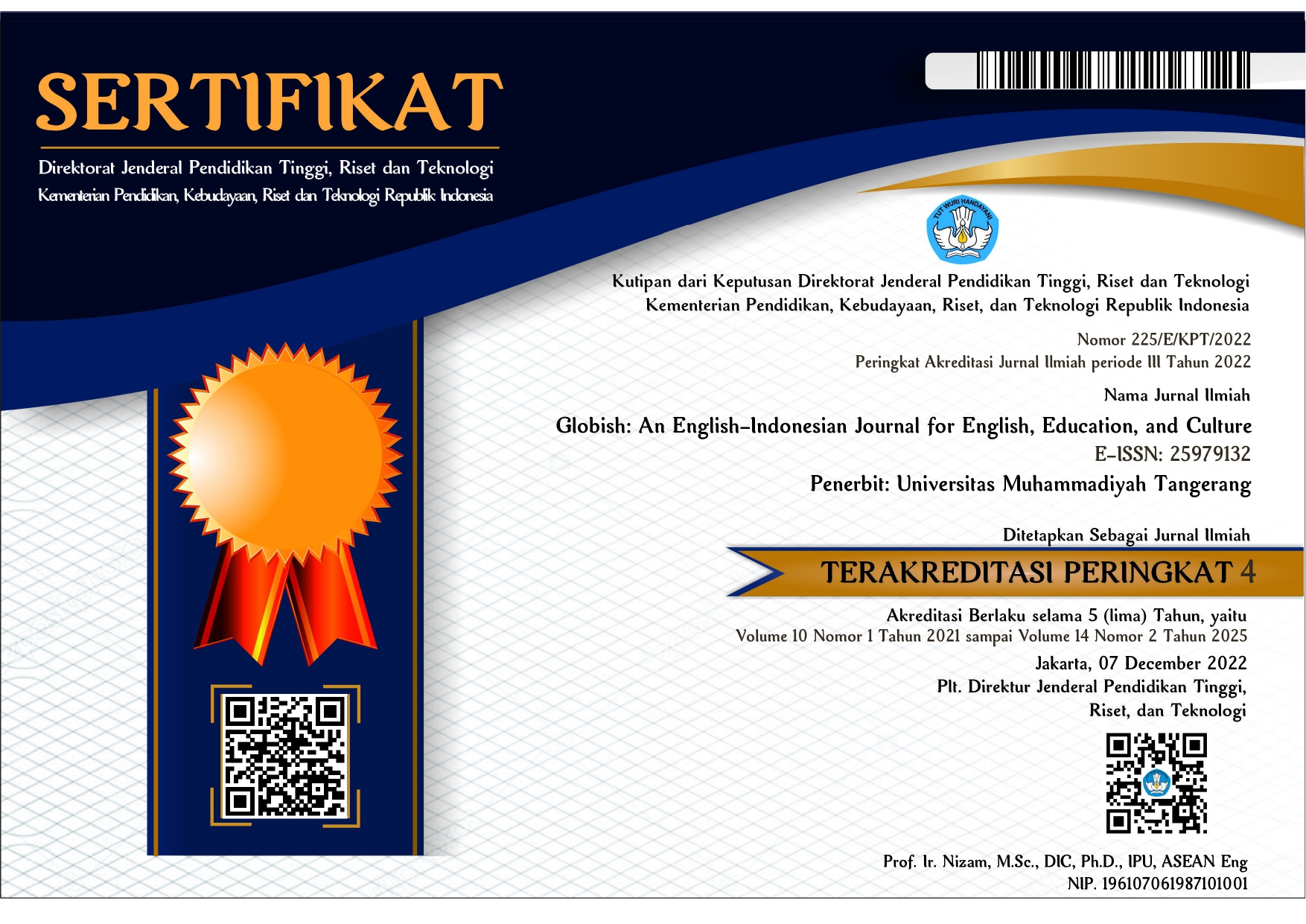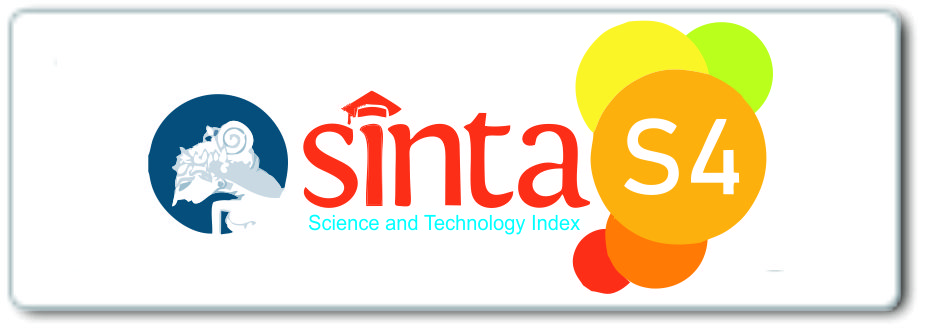THE ADVANTAGES OF PROMOTING LEARNERS’ AUTONOMY IN EFL CONTEXT
Abstract
This paper explains why learner autonomy is taken into account in language learning where English is a foreign language for the learners particularly in Indonesia. The definition of learner autonomy and its advantages to language learner in EFL contexts will be described within this paper. Many scholars from psychological education and English teaching and learning had proved that language learning can be improved by certain strategy. They revealed the correlation between the autonomous learning with students’ success in learning with different aspect. The definition of autonomy is similar to many different words such as self-regulated and self-determined. Finally, the writer suggests how teacher can promote the autonomous learning atmosphere in the classroom.
Keywords: strategy, promoting autonomy, EFL context, Indonesia
Full Text:
PDFReferences
REFERENCES
Dafei, D. (2007, November). An Exploration of the Relationship Between Learner Autonomy and English Proficiency. Retrieved From Http://Archive.Ecml.At/Mtp2/Elp_Tt/Results/DM_Layout/00_10/06/06%20Supplementary%20text.Pdf
Dam, L. (2008). How Do We Recognize an Autonomous Classroom?-Revisited. Paper Presented To A TESOL Symposium. Sevilla, 8 November.
Borkowski, J. G. (1988). Effects of Attributional Retraining On Strategy-Based Reading Comprehension In Learning-Disabled Students. Journal of Educational Psychology, 80, 46-53.
Brown, H. D. (2007). Teaching by principles, an interactive approach to language pedagogy (3rd ed.). New York: Pearson Education Inc.
Bruning, R. H., Scraw, J. G., Norby, M. M, & Ronning, R. R. (2004). Cognitive psychology and instruction. New jersey: Pearson Merrin Prentice Hall.
Ehrman, M. & Oxford, R. L. (1990). Adult Language Learning Styles and Strategies In an Intensive Training Setting. The Modern Language Journal, 74(3). Retrieved From Http://Www.Jstor.Org/Stable/327627
Gardner, R. C. (2006). Motivation and Attitudes in Second Language. Encyclopedia of language & linguistic (second edition), pp. 348-355 retrieved from
http://pdn.sciencedirect.com.ezproxy.flinders.edu.au/science?_ob=MiamiImageURL&_cid=273528&_user=1272615&_pii=B0080448542006258&_check=y&_origin=search&_zone=rslt_list_item&_coverDate=2006-12-31&wchp=dGLbVlV-zSkWA&md5=733a98df84ccb03c4909fbff13393ddc/3-s2.0-B0080448542006258-main.pdf
Harmer, J. (2007). The practice of English language teaching (4th ed.). Harlow: Pearson education.
Hedge, T (2008). Teaching and Learning In Language Classroom. Oxford: Oxford University Press.
Legenhausen, L. (2008). Argument for Learner Autionomy: Analyzing Linguistic Development. Paper Presented To A Tesol Symposium. Sevilla, 8 November.
Little, D (2006). Learner Autonomy: Drawing Together the Threads Of Self-Assessmnet, Gola-Setting And Reflection. Retrieved From www.archive.ecml.at/mtp2/Elp_tt/.../06%20Supplementary%20text.pdf
Littlewood, W. (1999). Defining and developing autonomy in East Asian context. Applied linguistic, 20(1), 71-94. Retrieved from
http://applij.oxfordjournals.org/content/20/1/71.abstract
Nunan, D. (1999). Second language teaching and learning. Boston: Heinle & Heinle.
Oxford, R. L. (2003). Language Learning Styles and Strategies. Retrieved From www.web.ntpu.edu.tw/~language/workshop/read2.pdf
DOI: http://dx.doi.org/10.31000/globish.v7i1.845
Article Metrics
Abstract - 873 PDF - 181Refbacks
- There are currently no refbacks.
Globish
Program Studi Pendidikan Bahasa Inggris
Fakultas Keguruan dan Ilmu Pendidikan
Universitas Muhammadiyah Tangerang
Jl. Perintis Kemerdekaan I/33, Cikokol
Kota Tangerang, Indonesia
e-mail: globish_journal@umt.ac.id
Globish (p-ISSN: 2301-9913 | e-ISSN: 2301-9913) is licensed under a Creative Commons Attribution-ShareAlike 4.0 International License.









